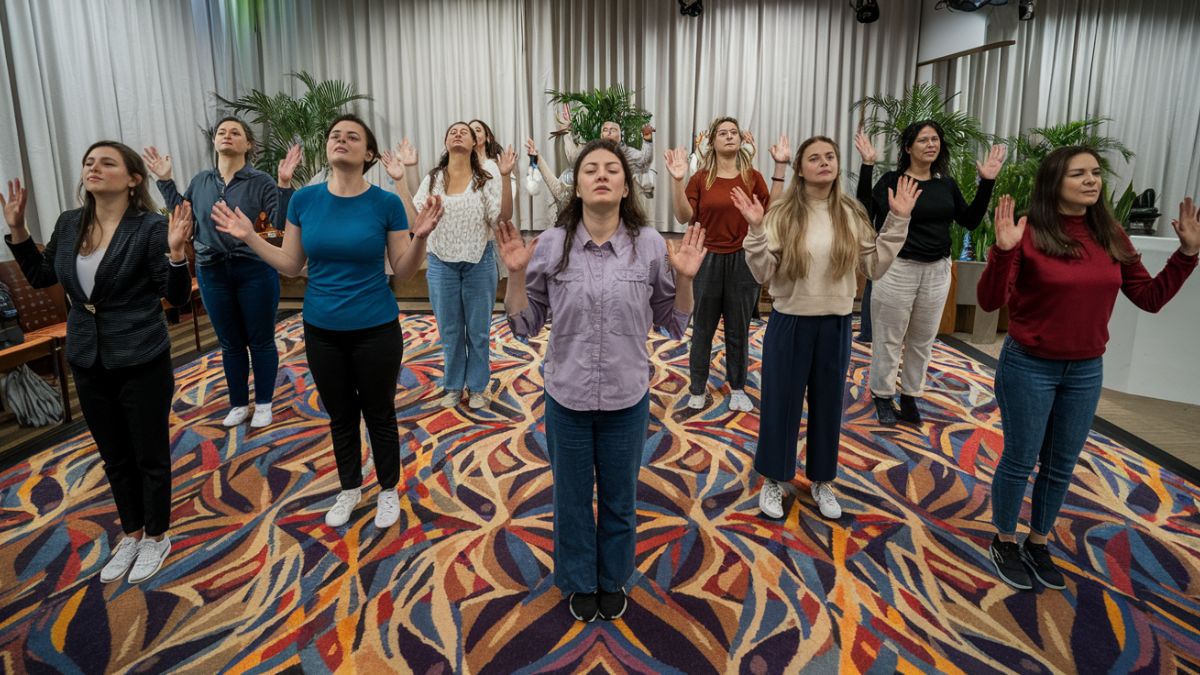In the rich and diverse linguistic landscape of India, words often carry profound cultural significance. One such word that has emerged is “badirchand”, which, in Indian colloquial usage, translates to “idiot.” The plural of “badirchand” would thus refer to a group of individuals perceived as foolish or incompetent. While its usage is largely informal, the word serves as a linguistic window into Indian vernacular and social commentary. In this comprehensive guide, we will explore the history, meaning, cultural relevance, and social impact of the word, especially in its plural form, while examining broader linguistic trends and cultural nuances.
What Does “Badirchand” Mean?
The word “badirchand” is a colloquial Hindi expression predominantly used in India. It is an informal way to refer to someone as an “idiot” or a “fool.” Much like the English word “idiot,” it carries a somewhat playful, yet demeaning connotation. It’s typically used in everyday conversation, often among friends, but also in moments of frustration or light-hearted mockery.
Indian Context: A Cultural Perspective
In India, language is a reflection of societal values, emotions, and interactions. Words like “badirchand” often reflect social dynamics, power structures, and even humor. While being called an “idiot” might sting, the use of such terms is often a method of bonding through playful banter, especially in close-knit social circles. When used more harshly, however, it can become a tool for ridicule.
The Plural Form: Badirchands and Collective Identity
When pluralized, the word “badirchand” becomes “badirchands,” referring to a group of individuals collectively regarded as foolish. The plural form emphasizes collective behavior or shared incompetence, often within a specific context like politics, entertainment, or even day-to-day situations. The pluralized term can also be seen as an exaggerated critique, suggesting that the entire group lacks common sense or intelligence.
Linguistic Trends in Pluralization
In Hindi and other Indian languages, pluralization often follows different grammatical structures than English. However, when Indian words enter the English vernacular, they are typically pluralized using English rules. Thus, the plural of “badirchand” in English becomes “badirchands,” even though its use remains rooted in Indian cultural and linguistic contexts.
The Evolving Digital Landscape and “Badirchand”
With the rise of digital platforms and social media, the usage of words like “badirchand” has taken on new dimensions. In the online world, where humor, memes, and commentary reign supreme, such terms are frequently employed to describe groups or individuals engaging in questionable behavior. From politicians to celebrities, the word “badirchand” and its plural form are often used as sharp tools of critique.
Social Media and Internet Culture
In the age of instant communication, platforms like Twitter, Instagram, and Facebook have amplified the use of colloquial terms like “badirchand.” Social media users quickly adopt these terms to convey humor or sarcasm. Memes and viral content often play a key role in the spread of such words, making them part of mainstream internet language.
The Intersection of Humor, Satire, and Criticism
One of the most interesting aspects of terms like “badirchand” is their intersection with humor and satire. India has a rich tradition of satire, where cultural and political commentary is often couched in humor. In this sense, calling someone a “badirchand” might be a humorous way of pointing out flaws or highlighting incompetence, especially when done in a playful or sarcastic manner.
The Role of the Term in Modern Indian Society
In modern Indian society, where conversations around competency, intelligence, and success are frequently at the forefront, words like “badirchand” have become symbolic of social critique. Whether in politics, entertainment, or everyday life, the word is often invoked to challenge authority or point out failures.
The Philip Cheung Wah Yan Boys Connection
As the world becomes more globalized, terms like “badirchand” might even transcend cultural boundaries, entering different contexts. For example, there’s an intriguing relationship between the rise of online platforms and their global users, like the “Philip Cheung Wah Yan Boys,” who could potentially engage with or adopt such cultural idioms, using them to express their own viewpoints or humor online.
The Evolution of Insults in Indian Culture
The Indian linguistic tradition is filled with colorful insults, from the mild to the more severe. The word “badirchand” falls on the lighter side of the spectrum. However, the evolution of insults in India tells a larger story of social interaction and power dynamics. Terms that once carried significant sting may become diluted over time, while others gain prominence in certain subcultures or regions.
A Broader Perspective on Indian Slang
Slang words and insults are important parts of any language because they evolve with society. In India, where language is deeply intertwined with culture, insults like “badirchand” are part of a larger social narrative. Whether it’s in response to societal issues, political failures, or personal relationships, the language people use tells us much about their attitudes, humor, and coping mechanisms.
The Future of Words Like “Badirchand”
As digital culture continues to grow and more people from different backgrounds engage with Indian vernacular, words like “badirchand” may find new meanings and contexts. Already, social media has created spaces where words can shift and evolve at a rapid pace. The plural form, “badirchands,” may continue to grow in usage as a way to describe collective incompetence, particularly in environments where critique is sharp and humor plays a significant role.
Integration with Global Internet Culture
As the world becomes increasingly interconnected through the internet, it’s possible that words like “badirchand” could be picked up by non-Indian speakers. Just as English-language terms and phrases are absorbed into Indian vernacular, so too could Indian slang like “badirchand” become part of global online discourse, further expanding its reach and influence.
Conclusion: Understanding “Badirchand” in Modern Contexts
“Badirchand” is more than just a colloquial insult; it’s a reflection of Indian social dynamics, humor, and linguistic evolution. Whether used to describe a singular individual or a group (as in “badirchands”), the word speaks to how language adapts to critique, satire, and digital communication in the modern world.
As we continue to navigate an increasingly connected and digital society, understanding terms like “badirchand” can offer insights into not just the language but the culture that shapes its usage.
FAQs about the Plural of Badirchand
What does “badirchand” mean in Indian slang?
“Badirchand” is a colloquial Hindi word that means “idiot” or “fool.” It is often used informally in conversation.
What is the plural form of “badirchand”?
The plural of “badirchand” is “badirchands,” referring to a group of individuals perceived as foolish or incompetent.
How is “badirchand” used in conversation?
“Badirchand” is typically used in a light-hearted or mocking way, similar to calling someone an idiot or fool in English.
Is “badirchand” considered offensive?
While it can be offensive in certain contexts, it’s often used in a playful or humorous way, depending on the situation and relationship between speakers.
What is the cultural significance of the word “badirchand”?
The word “badirchand” reflects Indian humor, social interaction, and even social critique, as it is often used to call out foolishness or incompetence.
How has the word “badirchand” evolved over time?
With the rise of digital culture, the word “badirchand” has taken on new dimensions, especially on social media, where it is used to describe individuals or groups engaging in questionable behavior.
Can non-Indian speakers use the word “badirchand”?
While non-Indian speakers can use the word, it’s important to understand its cultural context to avoid misunderstandings.
Are there similar words to “badirchand” in other Indian languages?
Yes, India has a rich linguistic diversity, and many other languages have their own versions of colloquial insults like “badirchand.”
What role do words like “badirchand” play in Indian society?
Words like “badirchand” often serve as tools for social critique, humor, and bonding, reflecting broader societal trends and values.
How do “Philip Cheung Wah Yan Boys” relate to the term “badirchand”?
While the connection isn’t direct, in an increasingly globalized world, cultural idioms like “badirchand” may transcend borders and become part of the online discourse that involves diverse groups like the “Philip Cheung Wah Yan Boys.”


